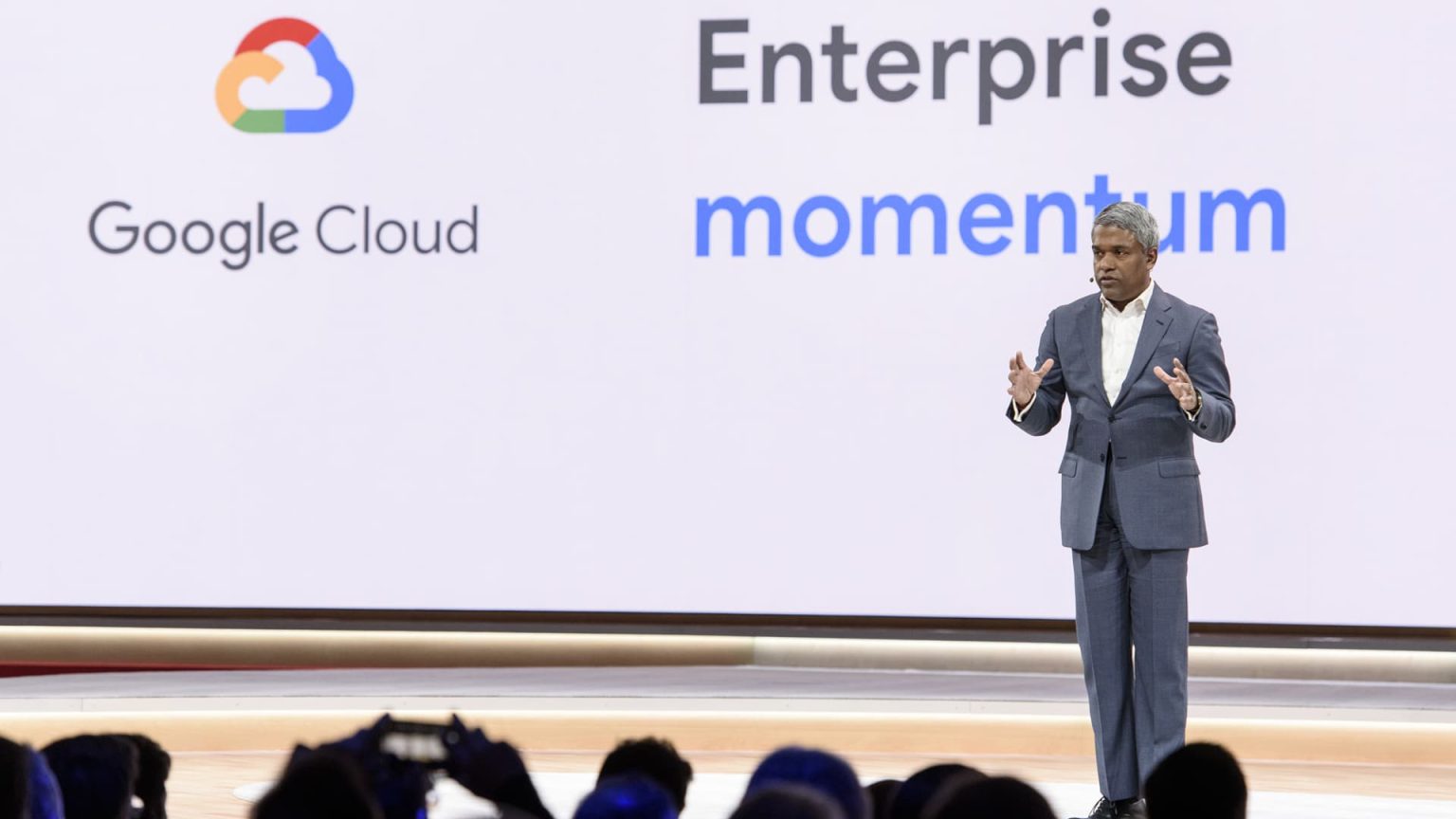Google is looking to drive more affordability in cloud computing by introducing a custom-built Arm-based server chip, set to become available in 2024. This move puts Google in competition with industry rivals Amazon and Microsoft, who have been utilizing a similar strategy for years in the cloud infrastructure market. While Google still primarily generates revenue from advertising, their cloud segment is growing rapidly and now represents almost 11% of company revenue, with its corporate productivity applications proving to be profitable. According to Gartner estimates, Google currently holds 7.5% of the cloud infrastructure market, while Amazon and Microsoft collectively control around 62%.
Amazon Web Services introduced its Graviton Arm chip in 2018, with many services already optimized on the Arm ecosystem. Alibaba and Microsoft have also announced Arm processors recently. Google had previously sold access to virtual machines using Ampere’s Arm-based chips and is now looking to transition internal operations, such as running YouTube advertising, databases, and data analytics tools, to cloud-based Arm instances named Axion once they become available. Companies like Datadog, Elastic, OpenX, and Snap are planning to adopt Axion.
Porting applications to Arm machines is attractive for organizations looking to reduce cloud computing costs. Amazon claimed that Graviton could offer up to 40% better price performance compared to standard x86 models, like those from AMD and Intel. The energy efficiency of Axion chips is also significantly higher than comparable x86 models, providing a potential reduction in carbon emissions for certain workloads. Arm chips offer a simpler set of instructions than x86 chips, commonly found in PCs, which can enhance application speed.
Google’s Axion chip offers 30% better performance than the fastest general-purpose Arm-based virtual machines in the cloud and 50% better performance than comparable x86 VMs. Analysts see Google’s inclusion of Arm-based chips as complementing their existing portfolio and helping them stay competitive in the cloud infrastructure market. The transition to Arm chips in cloud computing could potentially allow for more cost-effective and energy-efficient operations, benefiting both companies and the environment.
Overall, Google’s move towards custom-built Arm-based server chips reflects a broader trend in the industry towards more efficient and affordable cloud computing solutions. With rivals already implementing similar strategies, Google is working to enhance its cloud infrastructure offerings and maintain its competitiveness in the market. The shift towards Arm-based chips could lead to significant improvements in cost performance and energy efficiency for organizations adopting these technologies.


